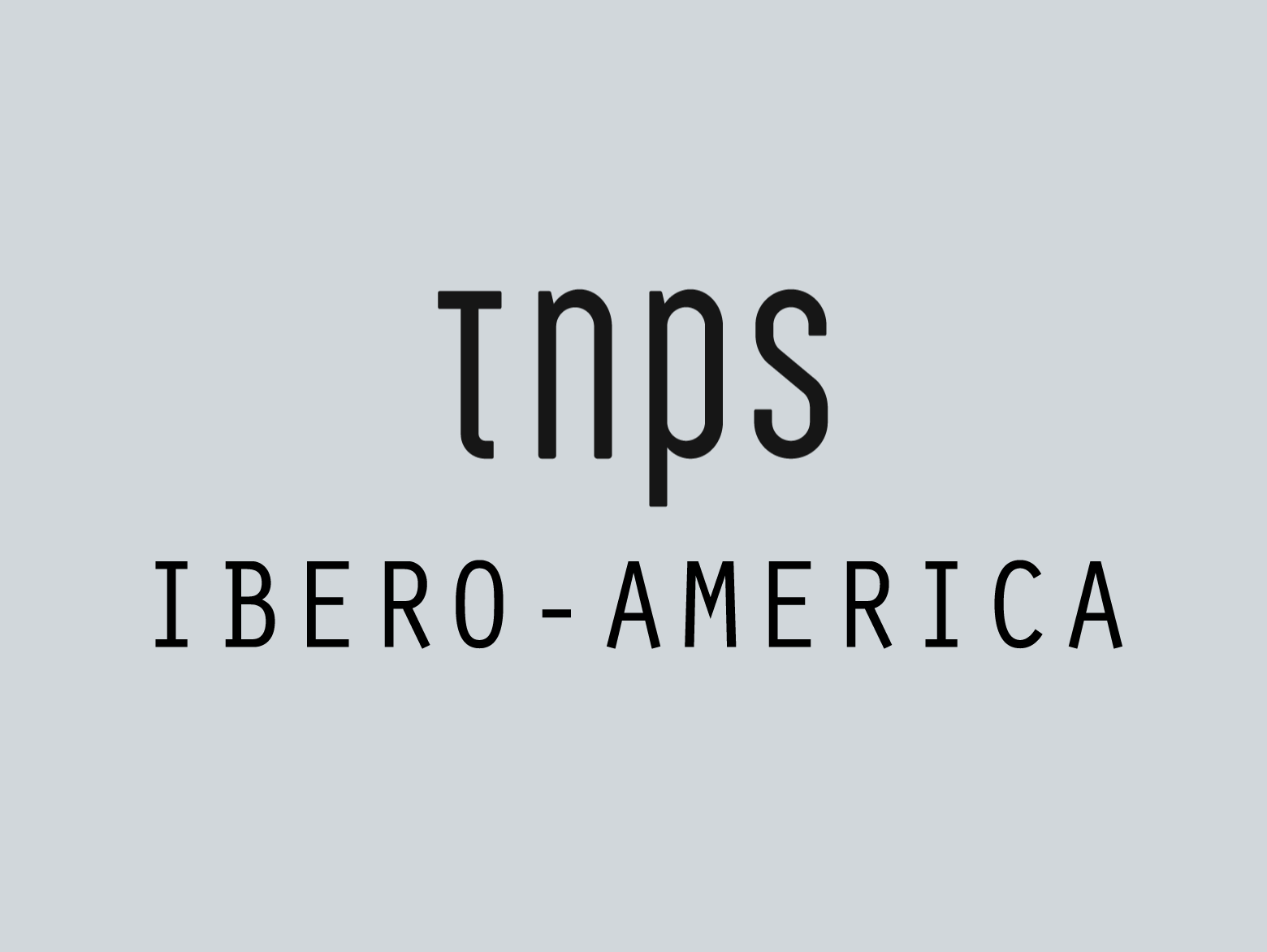Of particular note is the African Pavilion which includes Cameroon and Nigeria, two of the publishing power-houses on the continent.
With 1,600 exhibitors, two thirds coming from 71 global markets this year, the Beijing International Book Fair welcoming a plethora of first-time participants alongside the usual suspects.
Of particular note is the African Pavilion which includes Cameroon and Nigeria, two of the publishing power-houses on the continent, but other first-timers include Qatar, Norway, Slovakia. Azerbaijan and the Czech Republic.
Saudi Arabia will be Guest of Honour this year.
Like Sharjah, China has been expanding its engagement with the global publishing industry at a time when western governments offer increasing little support for their own publishing players and western book fairs are often, as we see with the London Book Fair, in hoc to the profit interests hosting companies.
This in turn often reflects insular perspectives from national publishing associations and writers’ organisations in a vicious circle of global indifference, leaving an open goal for players like Sharjah Book Authority and the Beijing International Book Fair, among many, to make and develop the international connections the publishing industry needs if it is to thrive, not just survive.
With a general election imminent in the UK, we see this being played out in real-time by the UK’s Publishers Association and the UK’s Writers Guild, playing political sound-bite games in the full knowledge the outgoing government has done nothing so far and the incoming government has more important matters to focus on. (A full TNPS op-ed on this shortly.)
Over at Publishing Perspectives, Porter Anderson has details of the #BIBF24 embrace of academic and educational publishing, and also a list of confirmed conferences:
June 19 – PubTech Conference: AI for Publishing
Speakers include Niels Peter Thomas of Springer Nature and Lyndsey Dixon of De Gruyter, but it’s not clear what direction this debate will take.
Elsewhere, AI debate tends to understandably focus on perceived copyright infringement, but also on the nonsensical notion that copyright cannot be applied to AI creations.
For much of the world, that’s an easy, if ill-thought-through, cop-out position. But China is not the rest of the world, and the fact that China is one of the few countries that does recognise copyright for AI creations should provoke some interesting discussions.

(For the TNPS position, click through on the link above.)
June 20 The Children’s Book Forum: New Trends in Cooperation
Speakers include International Publishers Association – IPA president Karine Gonçalves Pansa, Shu Lin Wu of the China Publishing Association, and Evgeny Kapiev of Eksmo Publishing (great to see Russian publishers getting some support amid the never-ending Ukraine invasion by Putin that Russia’s publishers mostly never signed up to).
June 21 – Publishing Forum: New Productivity and Publishing Innovation
More details over at Publishing Perspectives.
This post first appeared in the TNPS LinkedIn newsletter.





